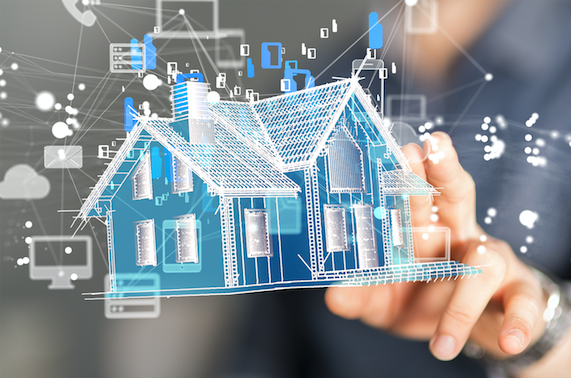Since moving house earlier this year, I’ve spent countless hours researching and implementing smart home technologies. My home now includes an array of lights, switches, thermostats, cameras, sensors and voice control devices.
Although I’ve purchased products from a handful of brands, I’ve purposely gone down the route of sticking with services and devices complaint to with Zigbee Alliance standards in the hopes of realising a good degree of, not just compatibility, but interoperability.
Despite this, my attempts at creating a smart home have been hindered by a dumb problem: for full control over all the devices and services still requires me (and everyone in my family) to download, register and use half a dozen mobile apps, each with a different user experience. Yes, Alexa can switch on lights and heating – so long as I can remember the exact way the relevant command has to be worded and the specific name I’ve assigned to each room or device – but, more often than not, I end up getting something wrong.
So what’s the big deal? I find the idea of my home anticipating and meeting my needs quite compelling. It’s not just a matter of comfort and convenience – I strongly believe that these technologies can help my family and others like it to significantly reduce our carbon footprint: lights and radiators switching on and off as we move through the home throughout the evening, for example, would mean we’d waste far less energy. But that’s not how it works, not now at least.
Could regulation be the answer?
Following an update of my banking app a few weeks ago, I discovered something pretty useful: it is now possible for me to see all of my accounts, including those at other banks, in a single app.
This was made possible through a Government led open banking initiative that provides a technical and regulatory framework for the sharing of personal financial data between businesses regulated by the Financial Conduct Authority (and EU equivalents). I’d love to see the same thing for smart home technologies.
The GSM mobile standard offers a good example of how governments and industry can work together to establish the technical and legal agreements required to make compatibility and interoperability a reality.
Smart Homes = Smart Solutions to Climate Change
Smart home technologies can and should have a role to play in addressing the very real threats of global energy resourcing being depleted and climate change. As such, I see this as an opportunity for business and government to come together to establish an open framework for smart home technologies that benefits everyone: very much a carrot rather than a stick.
Perhaps it is time we talked about creating a smart solution to a dumb problem.
